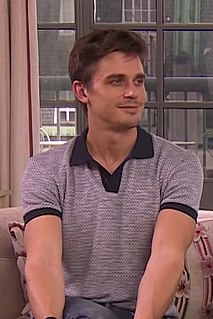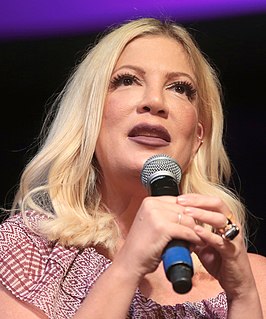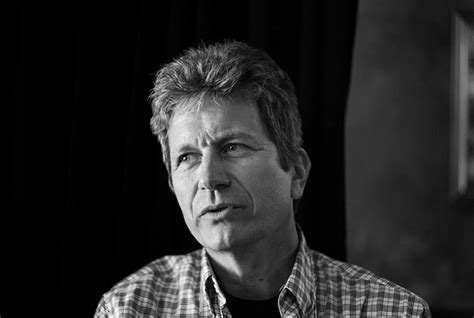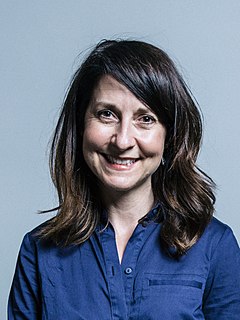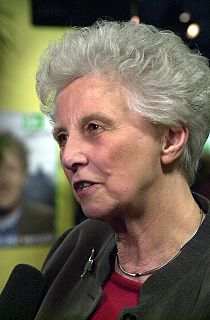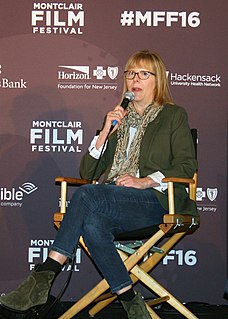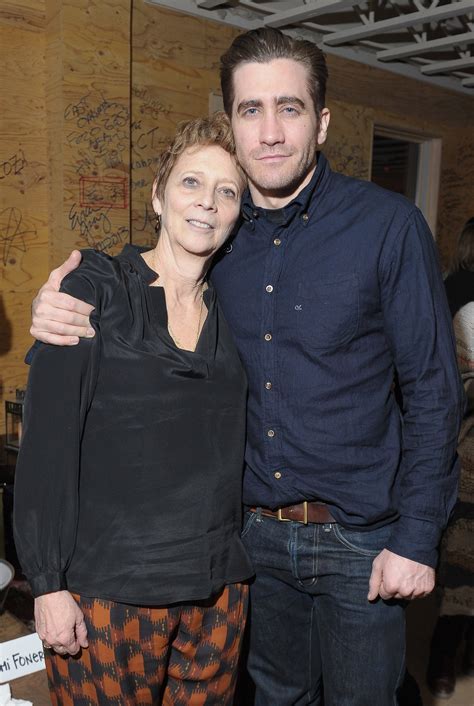A Quote by Barney Frank
I had always been interested in politics. I had assumed, for a variety of - well, for two reasons, being Jewish and being gay back in the late '50s, early '60s - that I would never be elected or anything, but I would participate as an activist.
Related Quotes
For the most part, it was never assumed that I was gay, and I've had people be sort of surprised that I was gay or act apologetic like they didn't know, which would just make me really uncomfortable. And I never had shame for it, but I never felt like introducing myself as, 'I'm Antoni. I'm gay. How are you?'
Under the guidance of the Reich, Europe would speedily have become unified. Once the Jewish poison had been eradicated, unification would have been an easy matter. France and Italy, each defeated in turn at an interval of a few months by the two Germanic Powers, would have been well out of it. Both would have had to renounce their inappropriate aspirations to greatness. At the same time they would have had to renounce their pretensions in North Africa and the Near East; and that would have allowed Europe to pursue a bold policy of friendship towards Islam.
I was seduced by the nouvelle vague, because it was really reinventing everything. And the Italian cinema that one would see in the theaters in the late '50s, early '60s was Italian comedy, Italian style, which, to me, was like the end of neo-realism. I think cinema all over the world was influenced by it, which was Italy finding its freedom at the end of fascism, the end of the Nazi invasion. It was a kind of incredible energy. Then, late '50s, early '60s, the neo-realism lost its great energy and became comedy.
When I was growing up in the '50s, I had never heard of a "woman film director," so I did not consider it as an option. But I was fortunate that in the late-'60s and '70s, because of the feminist movement, women were stepping into all sorts of careers that had been closed to them in the past and film was one of them.
I had been at the director's workshop for women at the AFI, which at the time was a great thing to do. I had always meant to direct, and for a variety of reasons that are hard to explain, I never did. I produced many things - there'll be people who tell you I directed through them - and of course I wrote. It took a divorce, a move back to New York and a kind of "now I can do anything" to say, "I really want to do this."


